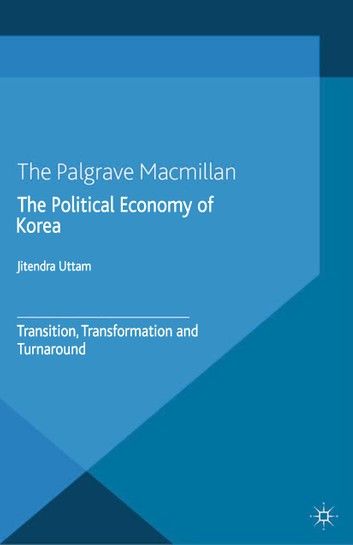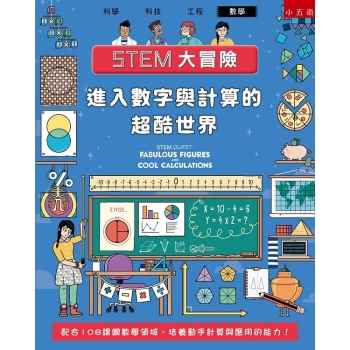| FindBook |
有 1 項符合
The Political Economy of Korea的圖書 |
 |
The Political Economy of Korea 作者:J. Uttam 出版社:Palgrave Macmillan UK 出版日期:2014-12-10 語言:英文 |
| 圖書館借閱 |
| 國家圖書館 | 全國圖書書目資訊網 | 國立公共資訊圖書館 | 電子書服務平台 | MetaCat 跨館整合查詢 |
| 臺北市立圖書館 | 新北市立圖書館 | 基隆市公共圖書館 | 桃園市立圖書館 | 新竹縣公共圖書館 |
| 苗栗縣立圖書館 | 臺中市立圖書館 | 彰化縣公共圖書館 | 南投縣文化局 | 雲林縣公共圖書館 |
| 嘉義縣圖書館 | 臺南市立圖書館 | 高雄市立圖書館 | 屏東縣公共圖書館 | 宜蘭縣公共圖書館 |
| 花蓮縣文化局 | 臺東縣文化處 |
|
|
圖書介紹 - 資料來源:樂天KOBO 評分:
圖書名稱:The Political Economy of Korea
Korea's twin transitions – agrarian to industrial and industrial to post-industrial – transformed the country's political economy. Moving away from the traditional focus on aspects such as market, culture, and colonialism, the author argues that Korea's 'second state' was revitalized through the 'people's movement' and 'citizens movement'.
|











